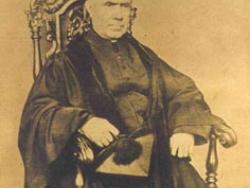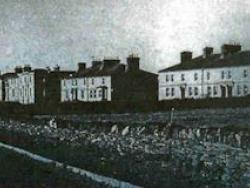Ireland

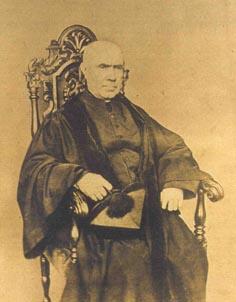
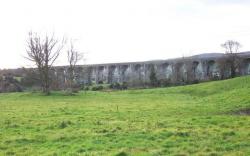
The Dublin to Belfast Rail Link established a vital connection between the capitals of Northern Ireland and the Republic of Ireland. The line's most notable engineering feature was the 1,760-foot-long Boyne Bridge; it represented one of the earliest uses of calculated stresses, the first large-scale use of wrought iron latticed girders, and the first full scale test of continuous beams. Tests performed on the wrought iron columns and struts were published and provided invaluable information for engineers who would design similar structures in the future.

Innovations
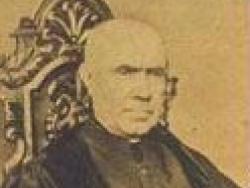
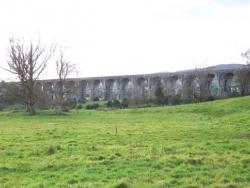
The Dublin to Belfast Rail Link established a vital connection between the capitals of Northern Ireland and the Republic of Ireland. The line's most notable engineering feature was the 1,760-foot-long Boyne Bridge; it represented one of the earliest uses of calculated stresses, the first…
